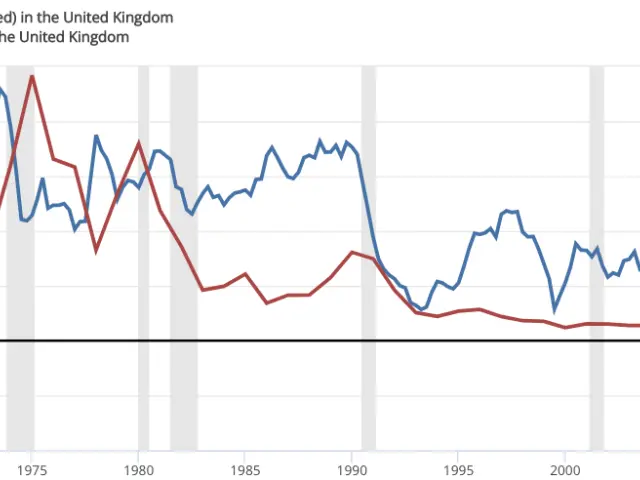Beware: Avoid Visiting These Sites on Chrome, Safari, and Edge, Warns FBI
Fresh Take: Internet Scams Rampant As FBI Issues Multiple Warnings to Users
It's been a busy week for the FBI as they've been busy issuing warnings about various scams making the rounds on the internet. Let's dive into these not-so-friendly online threats and see how you can protect yourself.
First up, a chilling mail scam targeting corporate executives. Imagine you receive a letter from the "BianLian Group," threatening to leak sensitive data unless you pay a ransom in Bitcoin. Don't panic! This is just a well-crafted scam, according to the FBI. Make sure to inform your senior management about the scam and educate employees on how to handle such threats. Keep your network defenses updated and don't shy away from reporting incidents to your local FBI Field Office or the Internet Crime Complaint Center (IC3).
Moving on, let's talk about that free online document converter tool you've been eyeing. Well, it might not be as harmless as it seems. Scammers are using these converter tools to load malware onto your computer, potentially leading to ransomware or identity theft. To keep yourself safe, exercise caution when using these services. Regularly update your antivirus software and take the time to scan files before opening them. And if you think you might be a victim, don't hesitate to report the incident to the FBI's IC3.
Smishing scams are the next danger lurking around the corner. Be wary of those seemingly friendly text messages that look like they're from your bank, delivery service, or toll agency. They might be trying to steal your personal and financial information. Treat these unsolicited texts with a healthy dose of skepticism, avoid clicking on any suspicious links, and visit official websites directly. You can also report these scams to your carrier or local authorities.
Lastly, keep an eye out for those fake texts claiming to be from government agencies. They might try to trick you into paying a fine to "clear up" a fraudulent federal warrant. Stay vigilant and be cautious when dealing with such messages.
Remember, the golden rule in the digital world is to slow down, be aware of your actions online, and think before you click. Whether you're using your smartphone or desktop, it's essential to stay informed and protect your assets. And as always, if you think you might have fallen for a scam, report it at IC3.gov and make sure to change your passwords and check your online accounts. Stay safe out there, internet explorer!
- While using Google Chrome, Safari, Edge, Firefox, or any other browser, be alert for phishing attempts in the form of emails, website pop-ups, or text messages claiming to be from the FBI, as these could potentially compromise your personal and financial information.
- Be cautious when downloading documents or using online document converter tools, such as those offered by Microsoft, as they might contain malware that could lead to ransomware or identity theft.
- Highlights to remember when using desktops or mobile devices include exercising caution with unsolicited messages, verifying identity before sharing sensitive information, updating antivirus software regularly, and reporting suspicious activities to the FBI's Internet Crime Complaint Center (IC3) for further investigation.







